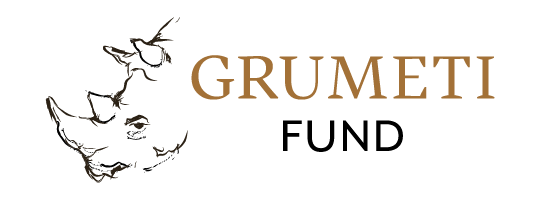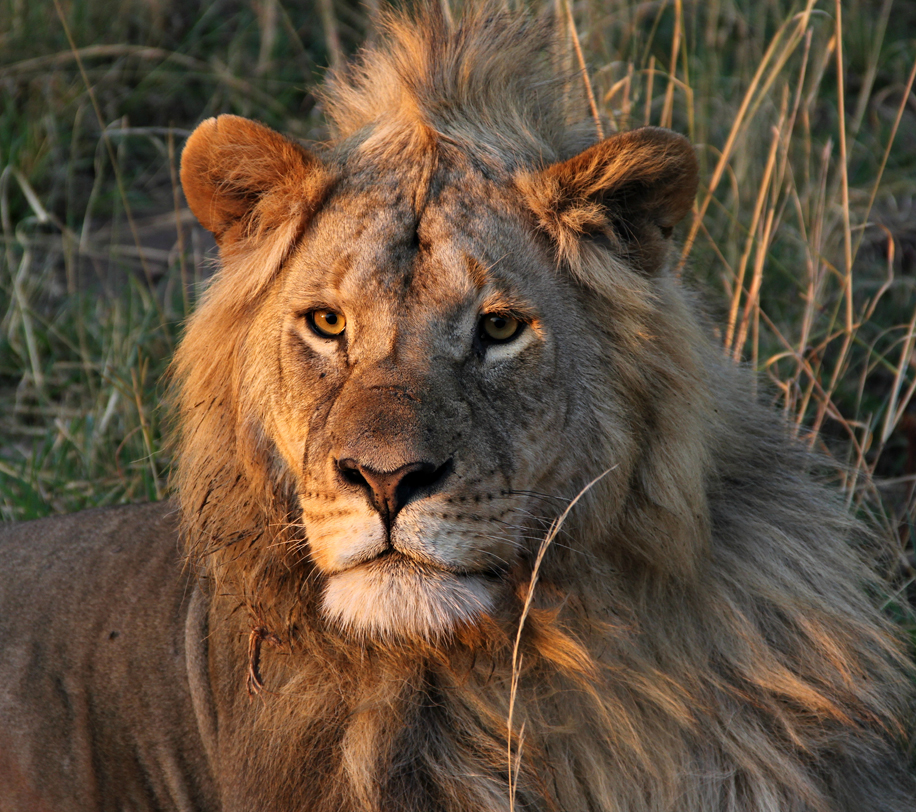Differentiated drivers in wildlife-induced damage necessitate species-specific mitigation strategies in the western Serengeti, Tanzania.
Abstract
In agriculturally dependent regions interspersed with wildlands, crop damage and livestock depredation by wildlife threaten rural livelihoods and undermine conservation efforts. Determining the species, human activities and landscape features correlated with losses to wildlife is critical for developing effective mitigation approaches. To better understand drivers of wildlife damage, we surveyed 419 households in the western Serengeti of Tanzania about agricultural practices and wildlife-induced losses. Using a causal inference framework and hierarchical Bayesian models, we assessed the influence of environmental and household characteristics on damage by different wildlife species. Crop loss to elephants was the most widespread form of damage; crop loss to baboons and vervet monkeys was less common. Livestock depredation by hyenas was widespread and common, while depredation by lions was rare and localized. The majority of respondents perceived wildlife as the greatest threat to crop production, whereas reproductive efficiency and environmental factors were seen as greater threats than wildlife to livestock. The risk of crop and livestock damage was consistently and negatively associated with human disturbance, and positively associated with farm and herd size. The influence of other factors, including woody cover, slope, and proximity to settlements varied across forms of damage and species. Our findings suggest that land use planning may be a generalizable approach to reducing wildlife damage, but variability in the drivers, extent, conservation status, and tolerance for losses indicate that species-specific mitigation strategies are required. Multi-species assessments offer broad insights into human-wildlife interactions and can aid in the identification and prioritization of mitigation measures. Read the full article.
Authors
Kristen Denninger Snyder
Kate M. Tiedeman
Brendan J. Barrett
Mackiana Kibwe
Robert J. Hijmans
George Wittemeyer




